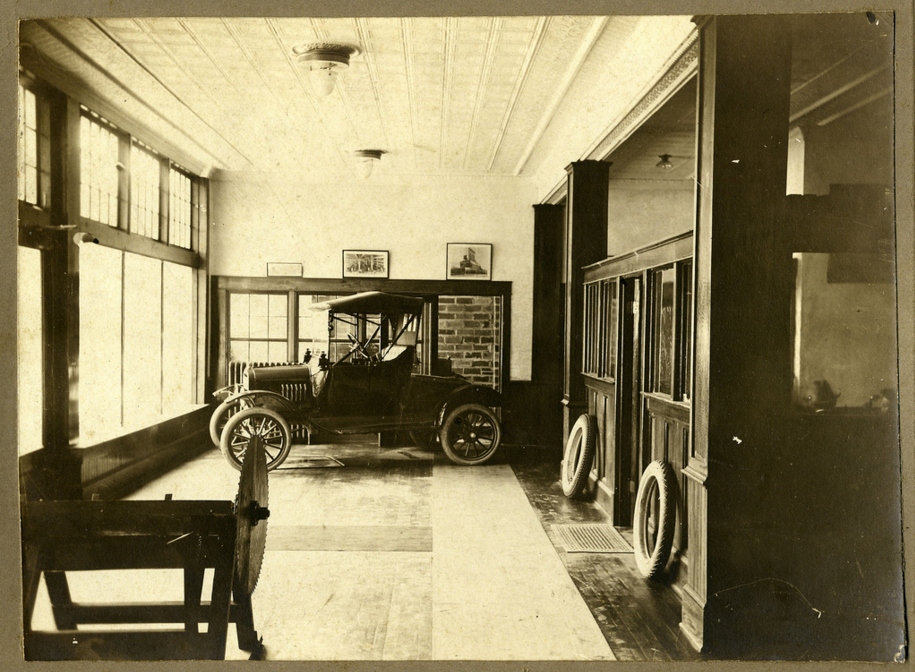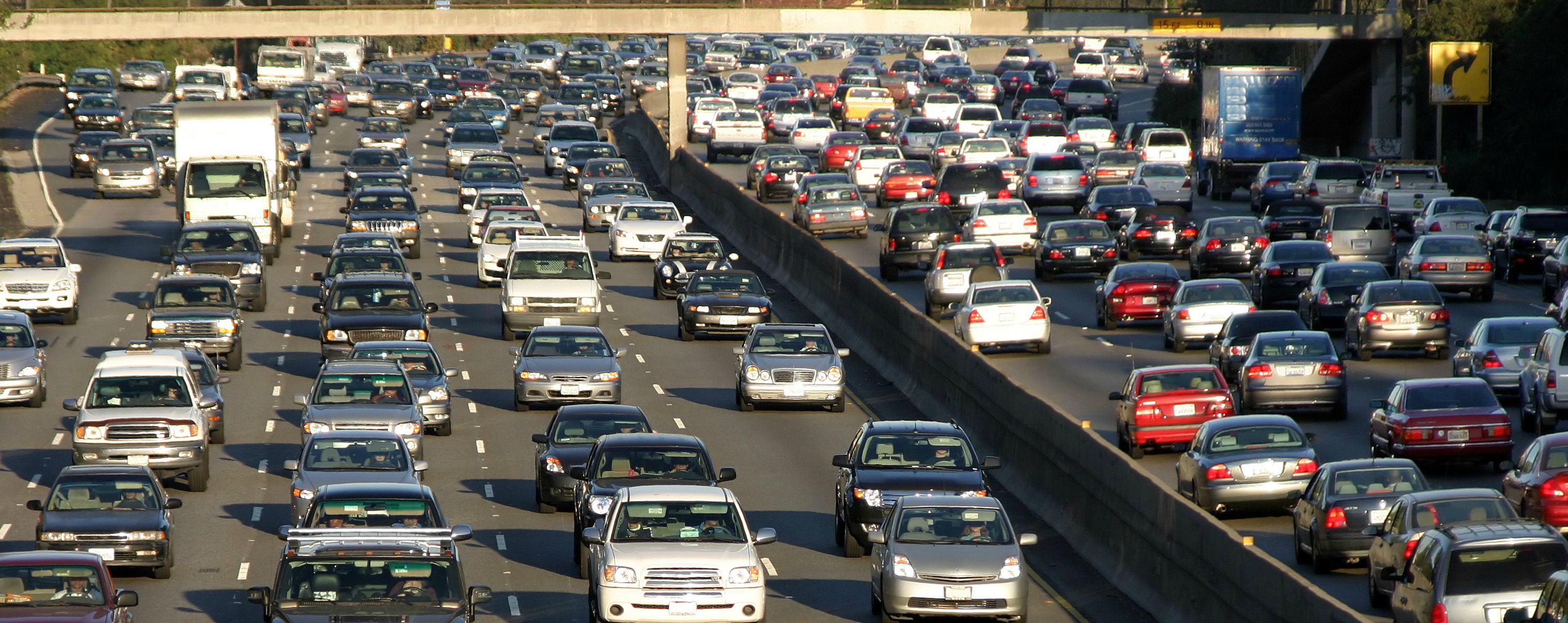There's One Huge Question About Driverless Cars That No One Has Answered

By:
It's hard to find someone who is not excited about the possibility of driverless cars, but one lingering question remains: Will humans surrender all control to computers or will they still have the option to grab the wheel if they don't trust the software?
For many of us, learning to drive was a high school rite of passage. Driver's ed class, annoying driving sessions with parents, and struggles to parallel park bring a lot of people back to their youth. Teen driving also plays an important role in movie classics such as "Mean Girls" and "Ferris Bueller's Day Off."
With innovators working to mainstream driverless cars, however, it's possible that children born in 2016 won't face the same driver's training process that many of us did, according to Jeffrey Miller, an associate professor of engineering practices at the USC Viterbi School of Engineering.
Several years ago, Google famously launched its self-driving car project to improve the driving experience. In 2012, Google posted a YouTube video showing a legally blind man getting a ride in the company's computer-operated self-driving vehicle.
Vehicles that talk to each other is "the next logical progression" for cars, as the world is currently driven by wireless technologies, Miller, a member of the Institute of Electrical and Electronics Engineers, said at a roundtable discussion last year.
RELATED: How Close Are We To Driverless Cars?
There are lots of ethical questions surrounding driverless car fatalities and accidents, but Miller and other experts are certain that driverless cars will be the norm sooner than we think and ultimately make the roads safer than they are now.
In 2013, there were 32,719 deaths from motor vehicle accidents in the U.S., according to the Insurance Institute for Highway Safety's Highway Loss Data Institute. This comes out to 10.3 deaths per 100,000 people and 1.11 deaths per 100 million vehicle miles traveled.
ATTN: spoke with Miller over the phone about the future of cars and how children decades from now will view them. Here is what he had to say.
This interview has been lightly edited and condensed for clarity.
ATTN: From what you know about car innovation, might it be accurate to say that children 40 years from now will say that we were insane to ever drive these cars ourselves?
Jeffrey Miller: Yeah. I think that kids 40 years from now are going to look back at this like we look back at the model T driving on dirt and rocky roads going 10 miles an hour.
 Flickr/William Creswell - flickr.com
Flickr/William Creswell - flickr.com
ATTN: Do you think that kids born today, in 2016, will ever drive cars like many 16-year-olds learn to do?
JM: I think that's a really good question. The first driverless vehicles that we're going to see on the road within the next few years are still going to have steering wheels, brake pedals, and gas pedals. So I think that kids right now are going to still need to be taught how to drive a vehicle, even if they only are operating driverless vehicles so that they can take over in the event of a failure.
Sixteen years from now? It's probably a possibility that the vehicles are not going to have the ability for the driver to take over control. I don't know if it's going to happen within 15 years, 20 years, 25 years. I think that we are going to get to that point.
Companies, Google specifically, is already advocating to try to get to that point right now because they're concerned that if the driver does have the ability to take over control, that he or she is going to potentially cause more accidents as opposed to just saying, 'Let the software take care of of itself.' Now this is a very scary option, though, because you don't necessarily want to get into a car where you have all kinds of unknown conditions surrounding you, and you have absolutely no control over it whatsoever.
ATTN: People love the idea of driverless cars, but many are concerned about the ethics and uncertainty surrounding them. How do we get from this point, where there are many uncertainties, to driverless cars being the norm?
JM: There's still a good amount of work that needs be done, but we're moving in the right direction. Having all of the testing going on with driverless vehicles in all of the different companies is definitely a step in the right direction. As we continue having more testing done, we're going to continue to see new features coming out, and these are going to be on the consumer market within just the next few years.
Now the ethics and the legal regulations behind this is what I think is actually lagging. I think we need the legislature to regulate this and to create more laws, because there are going to be situations that we haven't tested, and one of these vehicles is going to get on the road and get put into one of those situations. At that point, it's going to have to react in some way. When it does, if it's not what we think is the most optimal or the ideal, whatever that may be — because I think that changes from person to person — then how do we address liability? ... So who is going to be responsible when it actually gets into a collision?
RELATED: How Self-Driving Trucks Will Change America
ATTN: The greater hope, however, is that there will be fewer accidents on the road, correct?
JM: Without a doubt. Over 90 percent of the accidents on the road are caused in part by human error, so we definitely are going to see an improvement. Possibly not fully up to 90 percent, because technology fails occasionally as well or has bugs in it. But it's definitely going to be an improvement over what we have now.
ATTN: From what I've read, it sounds like the U.S. Department of Transportation and California Department of Motor Vehicles have yet to announce how they plan on regulating self-driving cars.
JM: No, not yet. The California DMV just released their rules for operators of driverless vehicles, but there hasn't been anything about liability. [Editor's note: the California DMV draft requirement for Public Deployment of Autonomous Vehicles states that a "licensed operator will be required to be present inside the vehicle and be capable of taking control in the event of a technology failure or other emergency."]
So at this point, any liability is just going to be treated like liability in one of the current collisions. We're going to look at it, have a third party look at it objectively, it's going to get into a court, and they're going to try to decipher the data to figure out who is ultimately at fault.
RELATED: Gas Prices Are Dropping Across America
ATTN: What are some of the most important benefits we can expect to have with driverless cars on the road?
JM: I think that this is probably the greatest technology to improve traffic. Driverless vehicles are going to be able to drive closer together on the freeway. They're going to be able to communicate with each other, constantly be sensing how far away the other vehicles are. So we're going to be able to have more vehicles in a shorter amount of space on freeways.
That's definitely a benefit. Obviously, safety is a huge one as well. Even if we're only improving safety by 5 percent, why in the world would we not want to adopt some kind of technology so that we can save lives and reduce the amount of money spent on bodily harm and so on?
 Imgur - imgur.com
Imgur - imgur.com
I think that commutes are not going to be as daunting as they are right now. It's not going to be as big of a deal if you have an hour to an hour-and-a-half commute if I can sit in the car, be connected to the internet, and be working the entire commute. I can be on the phone, I can be on my laptop, and it's going to be just like a mobile office, as opposed to wasting two hours a day sitting in traffic or commuting.
One that I can't wait for is being able to take a road trip with my family, and it's not that dad has to be holding onto the steering wheel and driving for eight hours a day. But he can be able to turn around and enjoy spending time with the family.
